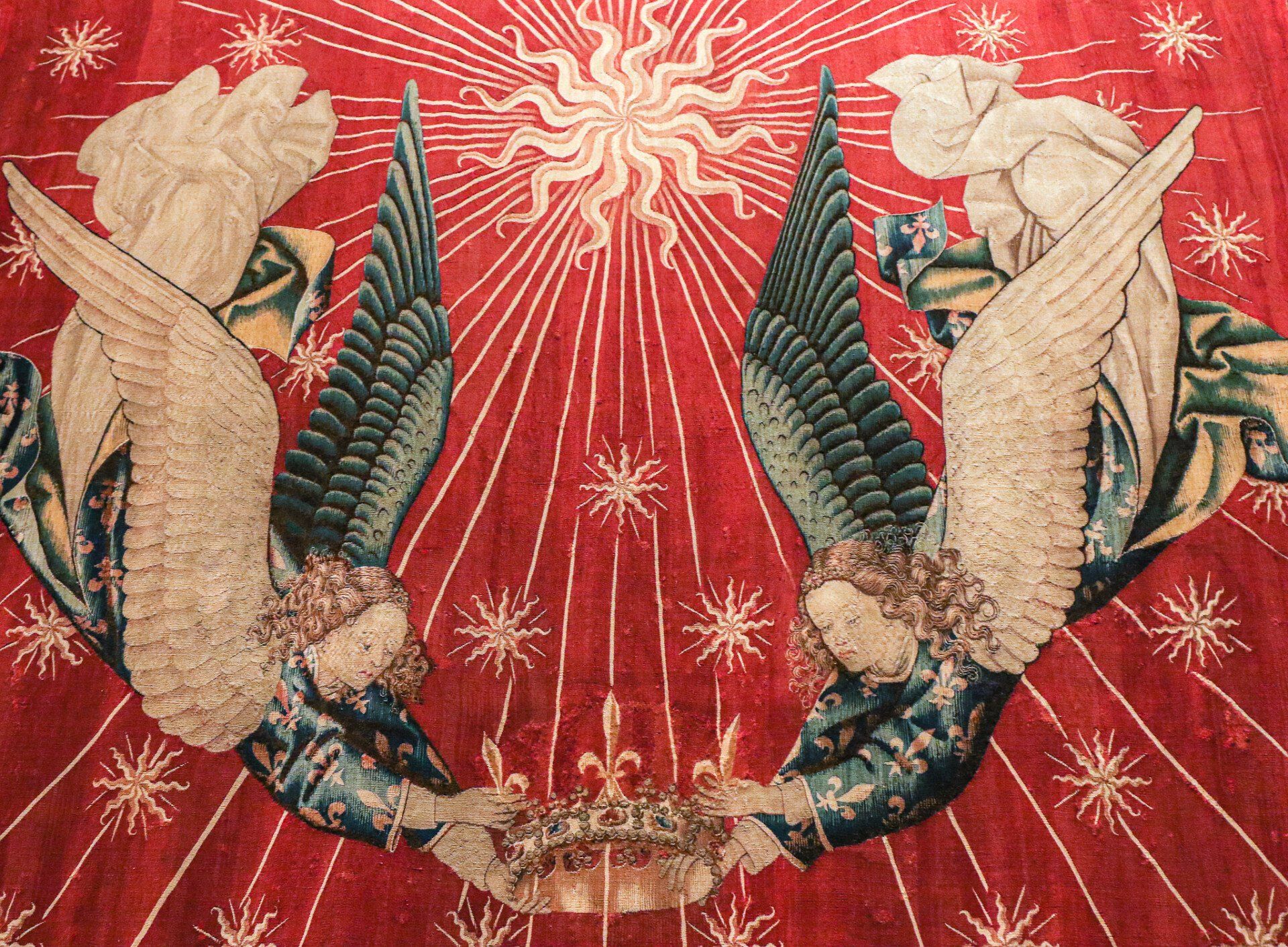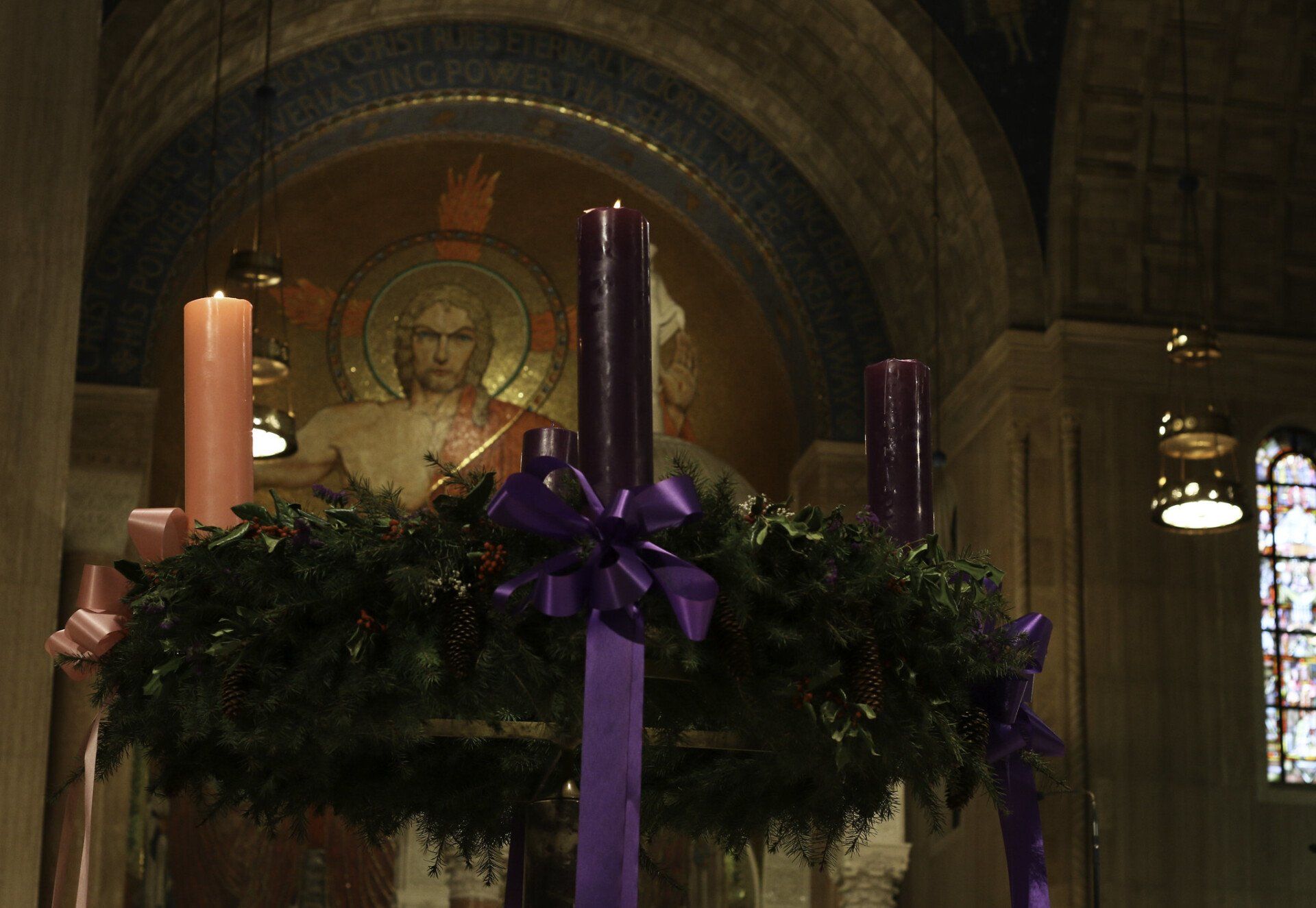Holy Boldness
Sermon for Sunday, April 21, 2024
Alleluia! Christ is risen!
(Response: The Lord is risen indeed. Alleluia!)
Congratulations: you passed the test. You’re now an evangelist! Please be seated.
The examples of early Christian preaching and evangelism we read in the Acts of the Apostles are simply elaborations on this theme. Paul recaps the message for the Corinthian church: “The first thing I did was place before you what was placed so emphatically before me: that the Messiah died for our sins, exactly as Scripture tells it; that he was buried; that he was raised from death on the third day, again exactly as Scripture says.” (1 Cor. 15 MSG)
The apostles preach this message with holy boldness; they are more afraid of not proclaiming it than of getting in trouble for doing so; and they do experience opposition, as Jesus had said they would. And yet the opposition does nothing to slow them down; if anything it accelerates the spread of the gospel throughout the world, even in that first generation of Christians.
A couple weeks ago Karen reminded us of the apostle Thomas and how he personally made it all the way to India. We know Paul intended to go to Spain; a few scholars believe he actually made it there! Whether or not this happened, the Church spread throughout the known world in a few centuries, despite at times very strong opposition.
For you and me, most of what holds us back from this kind of boldness isn’t the opposition “out there.” It’s the fear “in here.” We’re not afraid that anyone will kill us for talking about Jesus—a fear that would have been rational among the early disciples. The things that intimidate us into silence are more subtle.
One thing I admire about my mother-in-law is her way of casually but persistently identifying herself as a Christian, wherever she is and with whomever she is speaking. She does it in the most natural yet, I know, fully deliberate way. She’s an ordinary woman living her normal life—as housewife, mom and grandma, pet owner, golfer, volunteer, etc.—but above all she’s a Christian and spreads the light of Jesus wherever she goes.
If you do this, you’ll find, as she has found, that you meet other people who are also Christians, and you’ll share an immediate connection, like distant cousins who’ve never met but are part of the same family story. By living as a Christian, you’ll encourage other Christians and be encouraged through them.
And yes—living as a Christian is not just about our words. St. John speaks of this in the epistle. “Little children, let us not love in word or speech but in deed and in truth.” He means empty words. Plenty of people even today think of themselves as Christians, maybe even go to church, If you’re gonna talk the talk, you better walk the walk. Lead with your giving, your time, your compassion.
In a bygone era—perhaps still, in some parts of the American South—a certain degree of cultural Christianity was the norm. To not be a churchgoer was to be socially suspect. Today the shoe is on the other foot, with religious people much more likely to be viewed as suspect and potentially harboring antisocial values. Christianity has become strange again, and I’m okay with that. It just means that many people no longer think they already know what Jesus is about, and we may have the opportunity to tell them about this very good news for the first time.
Preachers sometimes will ask, “If being a Christian were a crime, would there be enough evidence to convict you?” In some parts of the world today this is a real question, with blasphemy laws in some Islamic countries as well as hate speech laws in some Western countries being used to target Christians for publicly affirming teachings that are central to the Christian faith. The situation in our own country is more complex.
But let me suggest another perhaps more fruitful way for us to look at this question: If someone in your circle of acquaintance was looking for some really good news, would they think of you as a person they could turn to?
Would someone be able to say to you, “I’ve noticed how you’re not wrapped up in yourself like other people, you really care about me and others, and I have an idea that Jesus is behind it.” “You’ve been suffering from chronic illness for years, and yet you have this sense of peace and wholeness around you. How can I get that for me?” “I’ve noticed that you always speak kindly to others, and you don’t gossip about people or participate in dirty conversation. I’d like to be more that way. Could Jesus have something to do with this?” Now, they might never say these things in so many words. But would they think it?
If, reflecting soberly on your life and conduct, you do not think you would be identifiable to others as a Christian in this way, think about what steps you could take to identify yourself more closely with our crucified and risen Lord, so that your life might become a sign of his victory and grace.
✠ In the name of the Father, and of the Son, and of the Holy Spirit. Amen.



